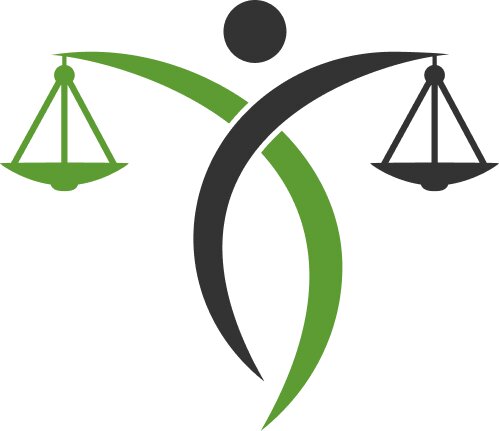Best Pension Lawyers in Singapore
Share your needs with us, get contacted by law firms.
Free. Takes 2 min.
Or refine your search by selecting a city:
List of the best lawyers in Singapore
About Pension Law in Singapore
Pension in Singapore is a crucial aspect of retirement planning for employees. It is a retirement benefit offered by employers to help employees safeguard their financial security during their retirement years. The pension system in Singapore is primarily governed by the Central Provident Fund (CPF), which is a mandatory savings scheme for working Singaporeans and permanent residents.
Why You May Need a Lawyer
You may need a lawyer for pension-related issues such as disputes over pension benefits, understanding your rights and obligations under the CPF Act, resolving issues with your employer regarding pension contributions, and ensuring compliance with pension regulations. A lawyer can help you navigate complex legal procedures, protect your rights, and advocate for your interests in pension-related matters.
Local Laws Overview
The key aspects of local laws relevant to Pension in Singapore include the CPF Act, which governs the administration of pension funds, contributions, withdrawals, and other pension-related matters. The CPF Board is responsible for overseeing the CPF system and ensuring compliance with pension regulations. The Retirement and Re-employment Act also provides guidelines for the retirement age and re-employment of older workers.
Frequently Asked Questions
1. What is the Central Provident Fund (CPF)?
The Central Provident Fund (CPF) is a mandatory savings scheme for working Singaporeans and permanent residents to set aside funds for retirement, healthcare, and housing needs.
2. How much should I contribute to my CPF?
The CPF contribution rates vary based on your age and income level. You and your employer are required to make monthly contributions to your CPF account.
3. Can I withdraw my CPF savings before retirement?
You can make partial withdrawals from your CPF account for specific purposes such as housing, education, and healthcare. However, there are restrictions on the withdrawal of CPF savings before retirement age.
4. What happens to my CPF savings upon retirement?
Upon reaching the retirement age, you can choose to withdraw your CPF savings, receive monthly payouts, or opt for a combination of both options.
5. What should I do if I encounter issues with my pension benefits?
If you encounter issues with your pension benefits, you should seek legal advice to understand your rights, options for resolving the dispute, and recourse available under the CPF Act.
6. Can I nominate beneficiaries for my CPF savings?
Yes, you can nominate beneficiaries for your CPF savings to ensure that your loved ones receive the funds in the event of your passing.
7. Are employers required to contribute to employees' CPF accounts?
Yes, employers are required to make monthly contributions to their employees' CPF accounts based on the prescribed contribution rates.
8. What is the retirement age in Singapore?
The retirement age in Singapore is gradually increasing and is set to be raised to 65 years by 2030.
9. Can I opt for early retirement in Singapore?
Yes, you can choose to retire early in Singapore, but it may impact your CPF savings and retirement benefits.
10. How can a lawyer help me with pension-related issues?
A lawyer can provide legal advice, represent you in negotiations or disputes, review pension-related documents, and ensure that your rights are protected under the CPF Act and other relevant laws.
Additional Resources
For more information on pension laws and regulations in Singapore, you can visit the CPF website (www.cpf.gov.sg) or contact the CPF Board for assistance with CPF-related matters.
Next Steps
If you require legal assistance with pension-related issues in Singapore, consider consulting with a qualified lawyer who specializes in pension law to understand your rights, options, and legal remedies available to protect your interests.
Lawzana helps you find the best lawyers and law firms in Singapore through a curated and pre-screened list of qualified legal professionals. Our platform offers rankings and detailed profiles of attorneys and law firms, allowing you to compare based on practice areas, including Pension, experience, and client feedback.
Each profile includes a description of the firm's areas of practice, client reviews, team members and partners, year of establishment, spoken languages, office locations, contact information, social media presence, and any published articles or resources. Most firms on our platform speak English and are experienced in both local and international legal matters.
Get a quote from top-rated law firms in Singapore — quickly, securely, and without unnecessary hassle.
Disclaimer:
The information provided on this page is for general informational purposes only and does not constitute legal advice. While we strive to ensure the accuracy and relevance of the content, legal information may change over time, and interpretations of the law can vary. You should always consult with a qualified legal professional for advice specific to your situation.
We disclaim all liability for actions taken or not taken based on the content of this page. If you believe any information is incorrect or outdated, please contact us, and we will review and update it where appropriate.
Browse pension law firms by city in Singapore
Refine your search by selecting a city.














